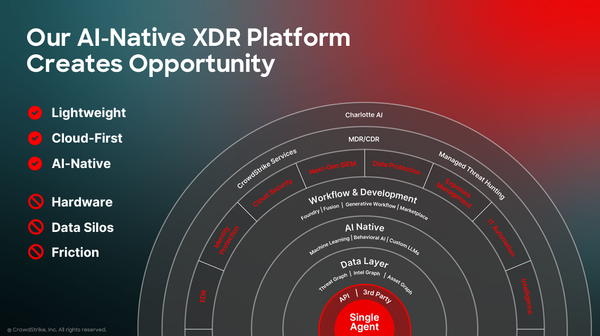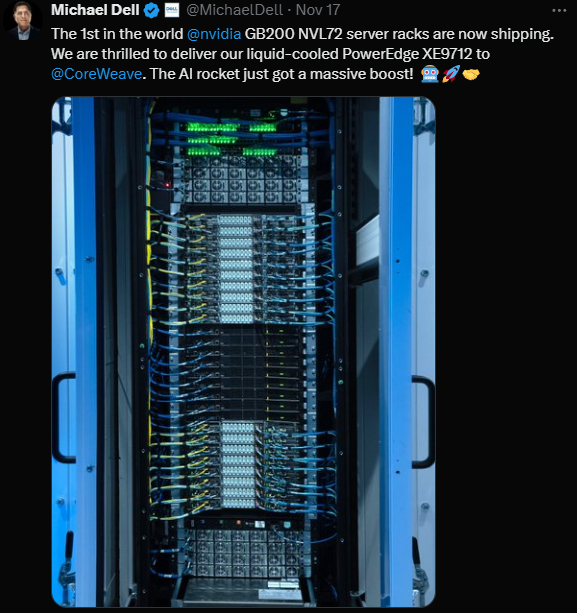Trade Alert – Watching Dexter on your smartphone
Last week I wrote about how it was time to start rotating out of the handset suppliers and into the infrastructure suppliers of the App Revolution we’re all living through.
Let’s walk through a rudimentary model of the Internet and you’ll see why I’m about to add another infrastructure equipment supplier.
When you request the latest season of Dexter on your iPhone 5 with your Vudu app, your phone sends out a bunch of bits and bytes wirelessly to whatever network it is currently hooked up on to request the video.
If you’re on your carrier’s 4G network, it will send out the request to a tower which then routes all that traffic onto a transport switch, usually a fiber optic one, which then sends that request to another switch located further into the Internet which then sends that request to another router and so on and so forth. And then when you “stream” a video, it’s sending a bunch of bits and bytes back over a similar route through the Internet your request took in reverse. If you’re watching it over Wi-Fi, the routing and switching is similar once it leaves your house and hits your carrier’s broadband network.
And picture how many of our parents, your grandparents, your uncles, your aunts, not to mention kids in high school, frat boys and party girls in college and not to mention the fact that there’s still not even half the seven billion people on the planet using the Internet regularly. Those smartphones and those 4G tower technologies and those demands on your home Internet broadband connections are growing exponentially.
Last week I added Ciena, which makes fiber optic equipment that carriers like AT&T use to zap and zoom all those bits and bytes of data that you consume watching YouTube, Hulu, sharing pictures with of your dog being cute and surfing eBay for vintage car stereo equipment (or is that last one just me?).
This week, I am adding just a first tranche common stock buy of Juniper, which makes routing equipment that carriers like AT&T use to organize the direction of all those bits and bytes of data that the Ciena equipment then zips and zooms back and forth. Juniper sells the vast majority of its equipment to carriers.
Cisco, the other big routing company, relies much more on giant corporations like banks, retailers, which have spent a lot of time and money already building up their networks, even as the carriers like AT&T, Verizon, Sprint and Comcast and others need much more infrastructure capacity asap. So I’m going to go with Juniper, which also just happens to be rolling out its latest and greatest line of routers just as the demand is hitting here.
Other than that, I’d be looking for a pullback in the markets and perhaps a somewhat powerful one.




